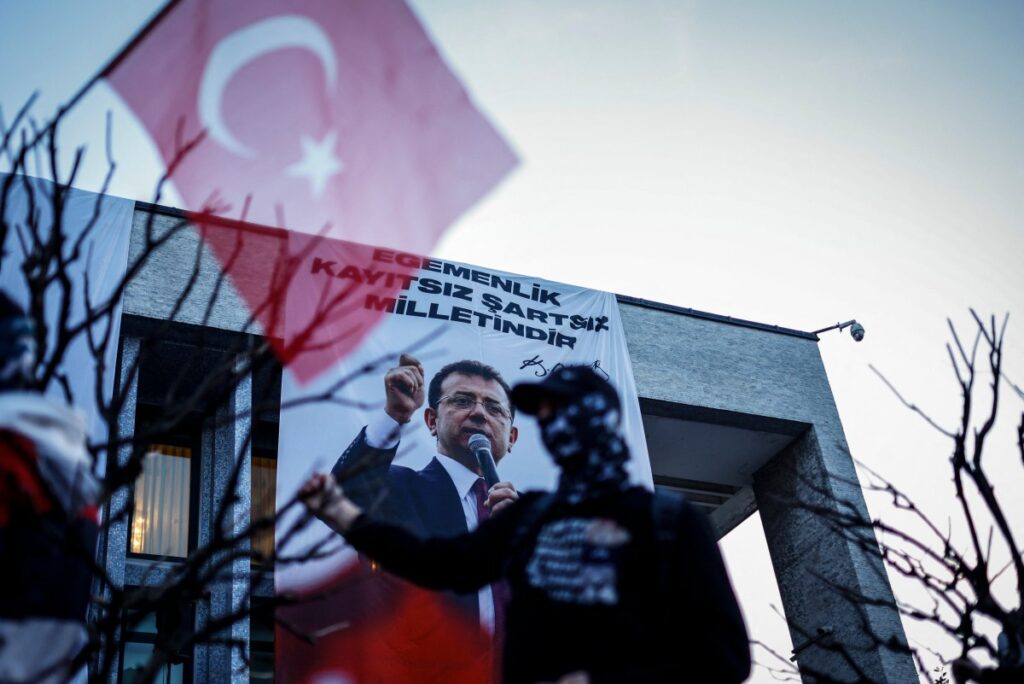Abdülhamit Bilici*
After the 2013 corruption probes shook the foundations of Turkey’s ruling party, the government of then-prime minister and current president Recep Tayyip Erdoğan quickly moved to crush the faith-based Gülen (Hizmet) movement, accusing it of orchestrating the investigations.
Thousands of civil servants, police officers, teachers, judges and journalists were dismissed from their jobs, arrested or forced into exile, often without evidence, a trial or recourse. Hizmet-affiliated media were brutally silenced, well before the infamous July 15, 2016, coup attempt.
Rather than condemning the blatant erosion of judicial independence and civil rights, Turkey’s secular elite, particularly the main opposition Republican People’s Party (CHP), misread the moment as a mere factional conflict or power struggle between two Islamist camps. Moreover, this misdiagnosis ignored the vital truth that Hizmet has never been part of the Islamist camp. Unlike many traditional Islamist groups, Hizmet had long championed Turkey’s EU membership, full democratization and peaceful interfaith dialogue, values often viewed with disdain by Islamists. But the secular opposition made no effort to recognize ideological nuance. They saw in Hizmet only a rival power center, one they were glad to see eliminated. Yes, in the early years of the Justice and Development Party (AKP) government, Hizmet supported Erdoğan, not for his Islamist agenda but for policies adopted in the party’s first 10 years that aligned with those principles.
This grave misdiagnosis would shape the trajectory of Turkish democracy for the next decade. Because the initial victims were associated with a group ideologically and culturally distant from the secular CHP base, often viewed with suspicion or contempt, there was little incentive to defend them. What was unfolding was not recognized as the beginning of authoritarian rule but as a settling of scores. Silence, if not outright approval, became the opposition’s stance.
From silent complicity to inevitable target
Yet authoritarianism, once unleashed, respects no boundaries. Over time, the same instruments, politicized courts, media defamation and unlawful arrests were used against the broader opposition, including the CHP itself. The sentencing of İstanbul Mayor Ekrem İmamoğlu in 2022, a leading figure of the democratic opposition, marked a belated wake-up call. Erdoğan’s regime was no longer just illiberal, it had been transformed into a civilian junta cloaked in democratic ritual.
But by then, it was too late. The regime had entrenched itself. It had captured the judiciary, the media and the security apparatus. And crucially, the international community had also absorbed and echoed the CHP’s earlier misdiagnosis. Major global media outlets, foreign governments and even human rights organizations often parroted the “power struggle” narrative. Because Turkey’s main opposition failed to call the purges what they were — political cleansing and systemic injustice — the world misunderstood them as mere fallout from a domestic rivalry.
This framing served Erdoğan well. Western democracies, more concerned with migration deals and NATO logistics, rationalized looking the other way. International rights groups were slow to grasp the scale of repression, especially when its earliest victims were labeled “Islamists” or “coup plotters,” terms left unchallenged by the CHP’s own discourse.
Even now, the CHP struggles to adopt a truly inclusive and principled stance. While its leaders decry the injustices they face, they rarely acknowledge the broader ecosystem of repression: the purged teachers, the blacklisted judges, the journalists who had to flee the country or the tens of thousands associated, rightly or wrongly, with the Gülen movement. Justice, it seems, remains selective.
In Russian writer and dissident Aleksandr Solzhenitsyn’s words, tyranny grows “inch by inch,” feeding off each compromise and every silence. The CHP’s initial indifference to the regime’s first victims became complicity. Their silence became precedent. And their misdiagnosis was exported, giving Erdoğan cover on the global stage.
As an exiled journalist and victim of Erdoğan’s regime, I am deeply saddened to see İstanbul’s elected mayor Ekrem İmamoğlu and other secular opposition figures being persecuted with politically motivated accusations. However, I cannot stop thinking about the mistakes that brought us to this stage. In a democracy, rights are indivisible. When they are denied to one, they are endangered for all.
*Abdülhamit Bilici is the former editor-in-chief of the now-defunct Zaman daily who currently lives in exile in Washington, D.C.

